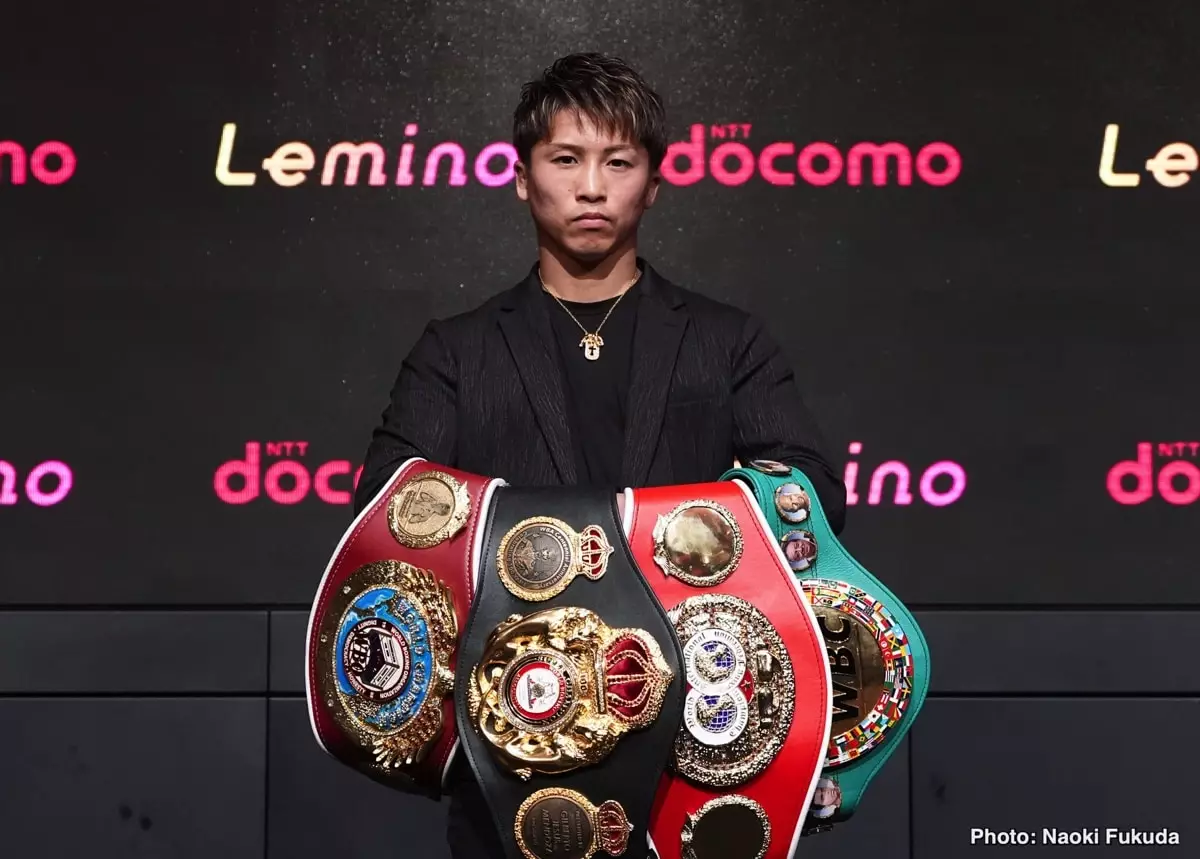In the world of professional boxing, the difference between local and international popularity can often leave fighters stumbling. Japanese superstar Naoya Inoue, known affectionately as “The Monster,” exemplifies this clear but jarring dichotomy. His remarkable success in Japan, where arenas brim with enthusiastic fans, sharply contrasts with the lukewarm reception he has experienced in the United States. The contrasting landscapes of the boxing world reveal the obstacles fighters face when attempting to achieve global recognition. This is especially disheartening when considering Inoue’s skill level as he prepares for his May 4 fight against Ramon Cardenas at Las Vegas’s T-Mobile Arena.
A Champion’s Challenge in Las Vegas
Reports claim that ticket sales for Inoue’s upcoming bout resemble a ghost town, with numerous sources suggesting that the situation has reached an alarming low. Promoter Rick Glaser’s claim that “the tickets should be given the last rites” indicates a severe promotional misstep by Top Rank, the organization behind Inoue’s stateside appearances. As a fighter with a pristine record of 29 wins, including 26 knockouts, Inoue should inherently draw massive interest. Yet, here lies the issue: the fight has failed to ignite excitement.
The crux of the problem could be multifaceted. Economic factors could very well be at play, as the ever-climbing prices of tickets make attending live events difficult for the average fan, particularly in an era where various global factors have strained personal finances. That some fans may not resonate with Cardenas—despite his impressive record of 14 consecutive wins—also raises a valid point. The attraction of Inoue facing a less recognized opponent may not compel American boxing enthusiasts.
Understanding the Disconnect
This unfortunate situation begs the question: why is there such a glaring disconnect between Inoue’s success domestically and his challenges abroad? One potential factor lies in the marketing approach taken by promoters for international events. Perhaps there has been an underestimation of Inoue’s impact and fan appeal, further fuelled by a lack of familiarity among U.S. audiences with fighters hailing from Asia.
As foreign fighters cross the waters to compete in America, they often confront an uphill battle for recognition. For many American sports fans, names and histories lack context or familiarity, disheartening ticket sales and fan engagement. If the promotional strategies do not evolve to showcase Inoue’s prowess and charm as a fighter, he may continue to be a star buried within localized lights, unable to penetrate the wider boxing narrative.
The Future of Naoya Inoue in a Global Landscape
If current trends continue, we could be witnessing a paradigm shift in Inoue’s career trajectory. The possibility of him pivoting back to Japan for his future bouts becomes increasingly tangible. The recent ticket sales debacle highlights not only a promotional failure but raises significant implications regarding the U.S. audience’s perceived value of foreign champions. It’s deeply ironic that a fighter who should be celebrated globally could find himself boxed into a corner, pondering whether to retreat to the land where he is revered as a national hero.
As Inoue gears up to fight in May, one can’t help but hope for a change in the air. Is it too late to ignite American interest in “The Monster,” or will he remain an unappreciated gem outside his homeland? The boxing world watches with bated breath as the tides of popularity shift, revealing the intricate dynamics that shape the world outside the ring.


Leave a Reply